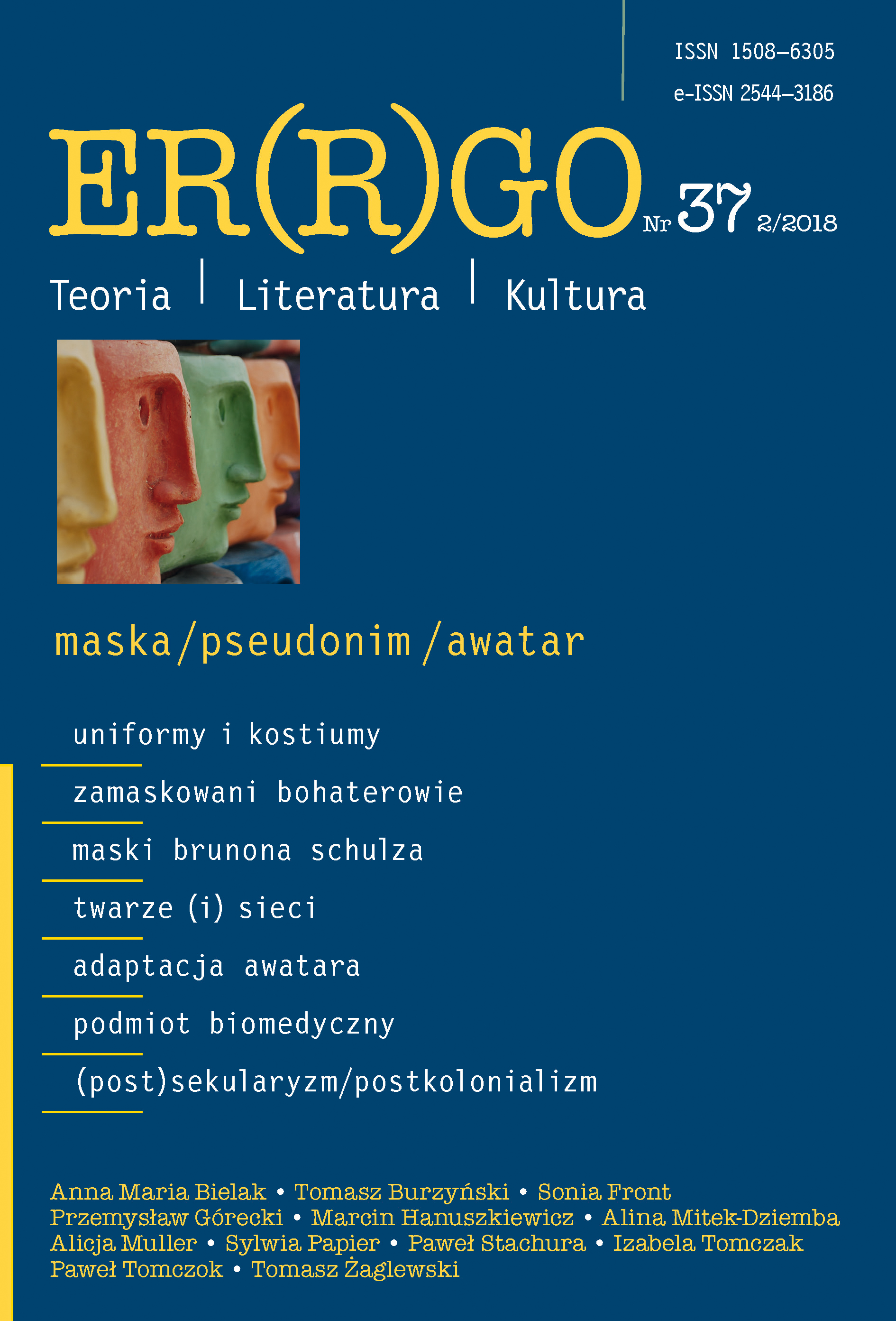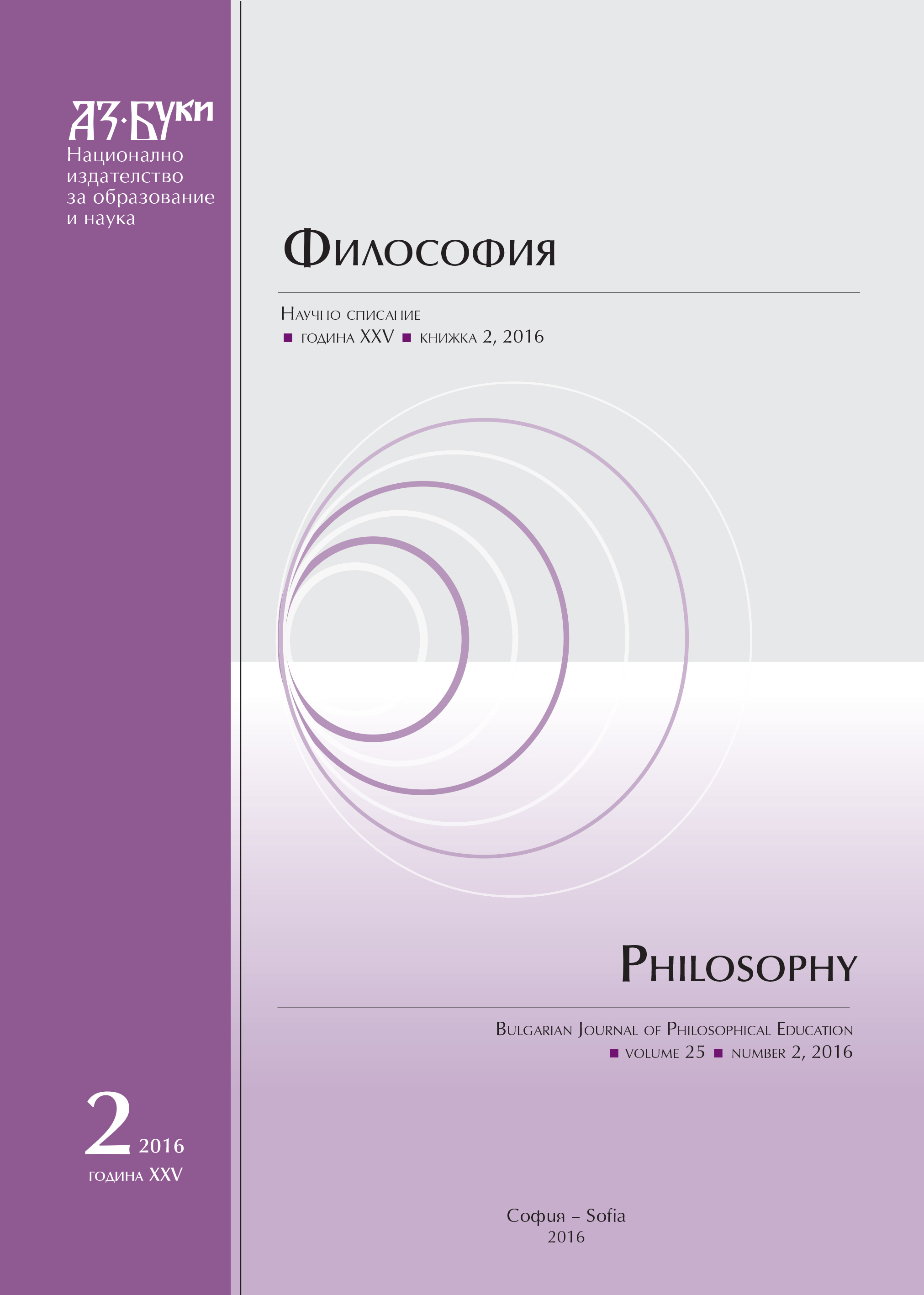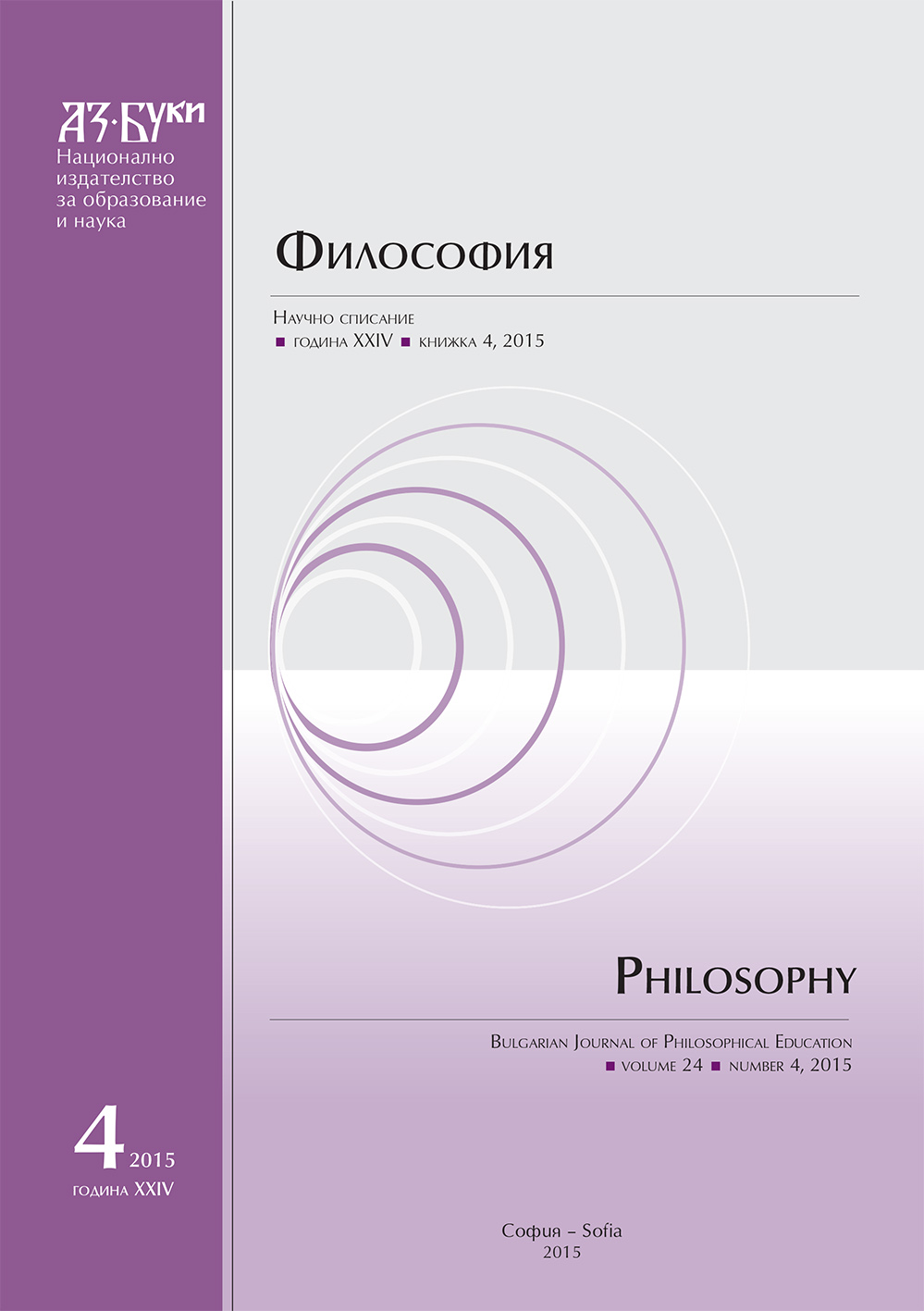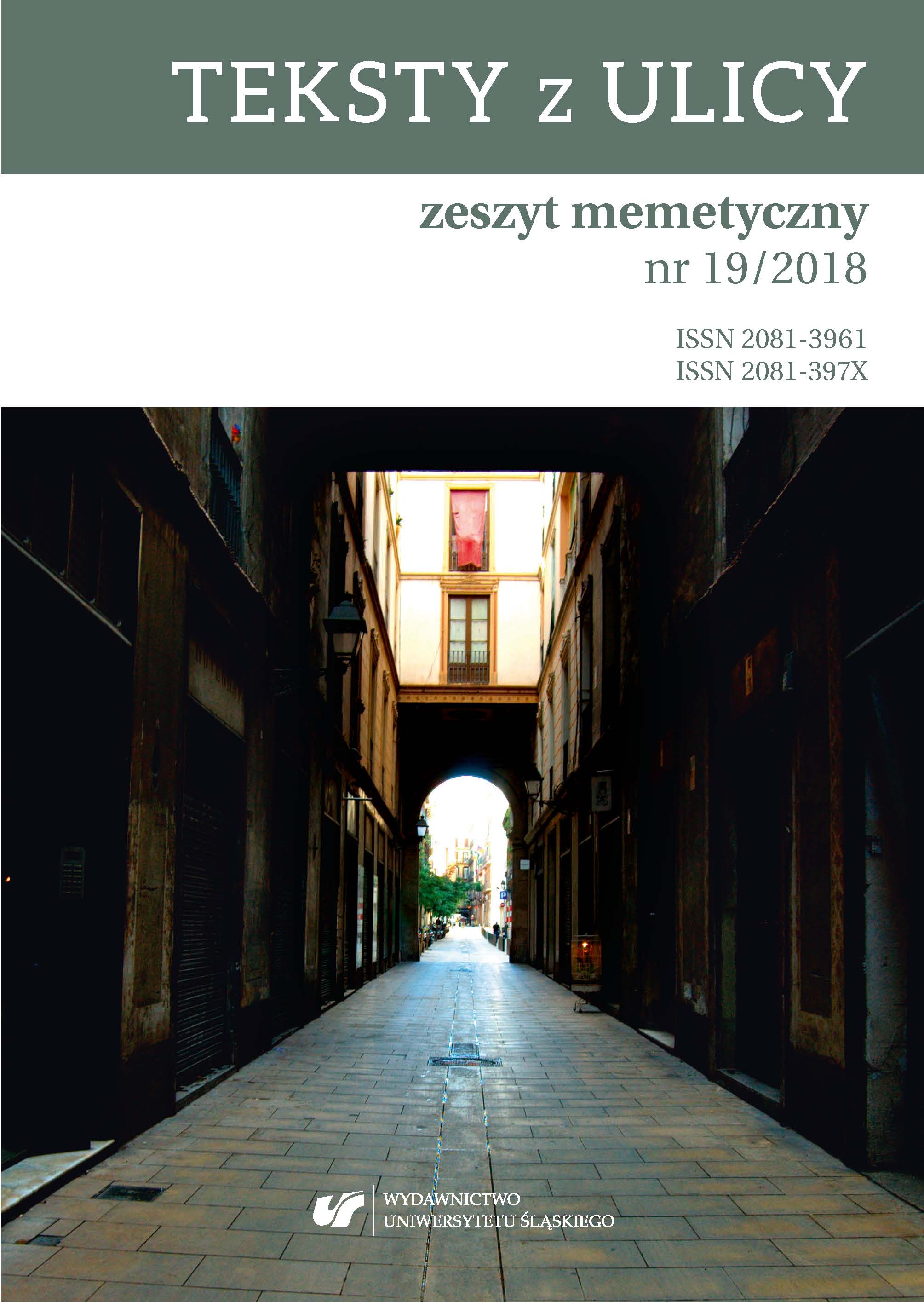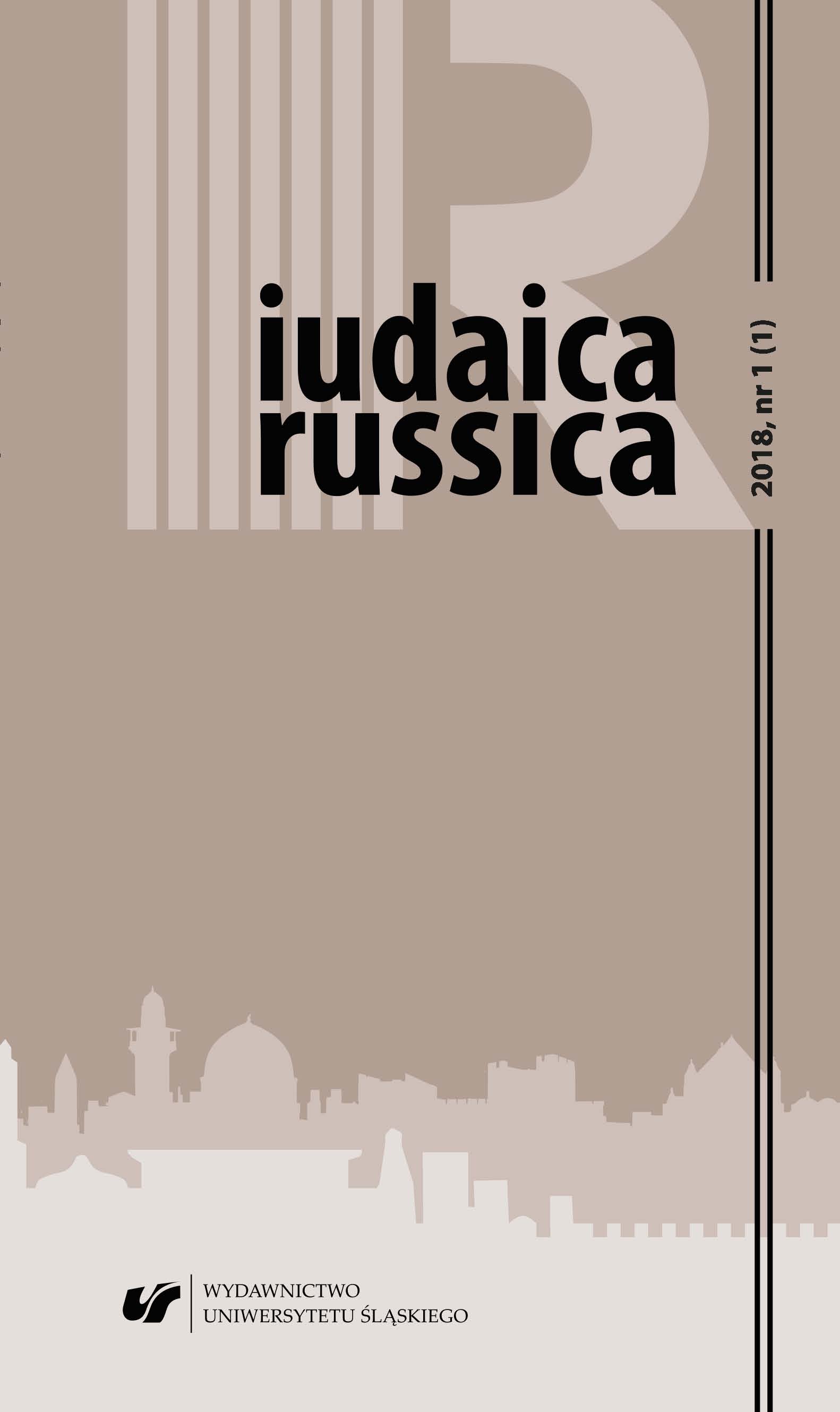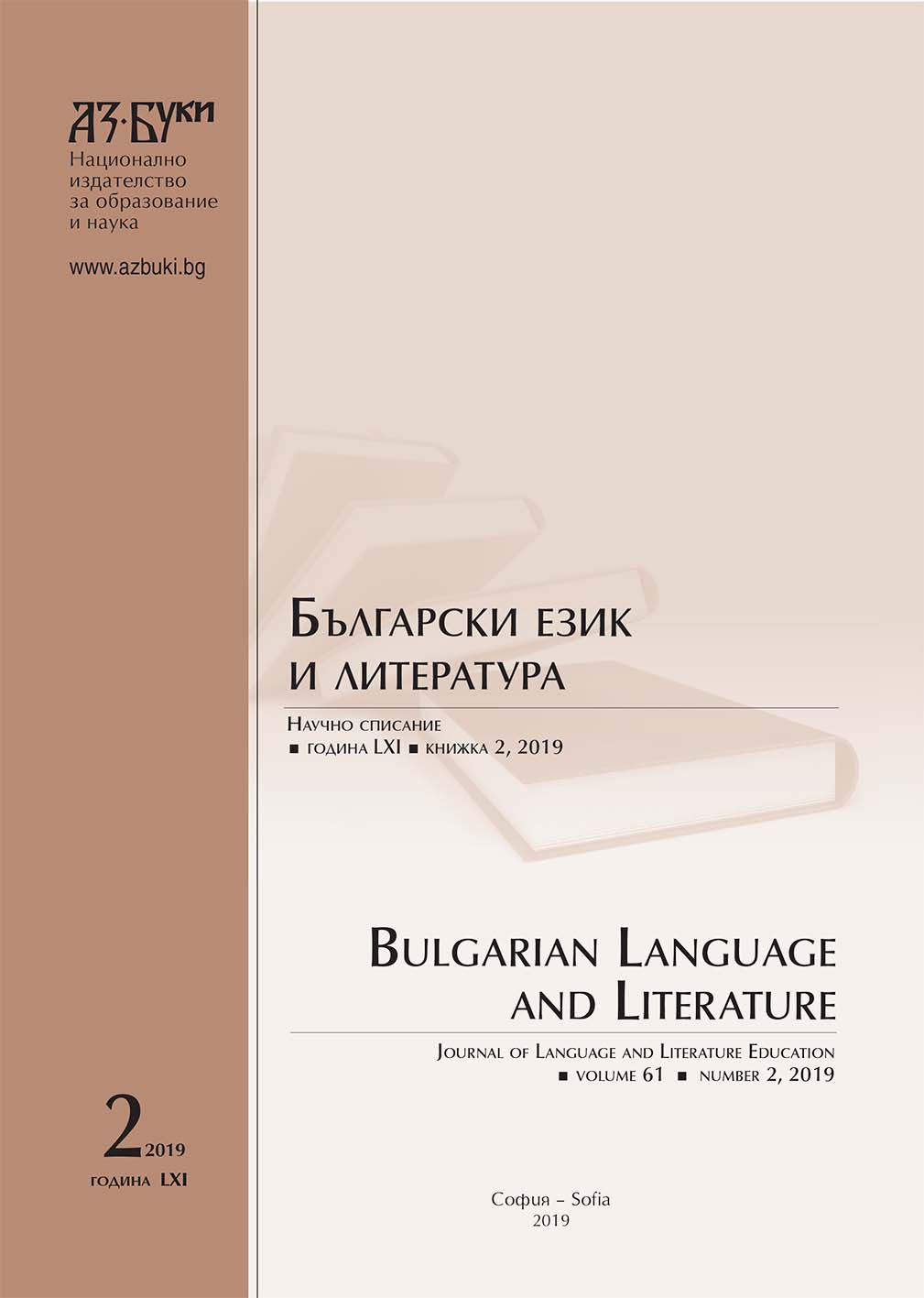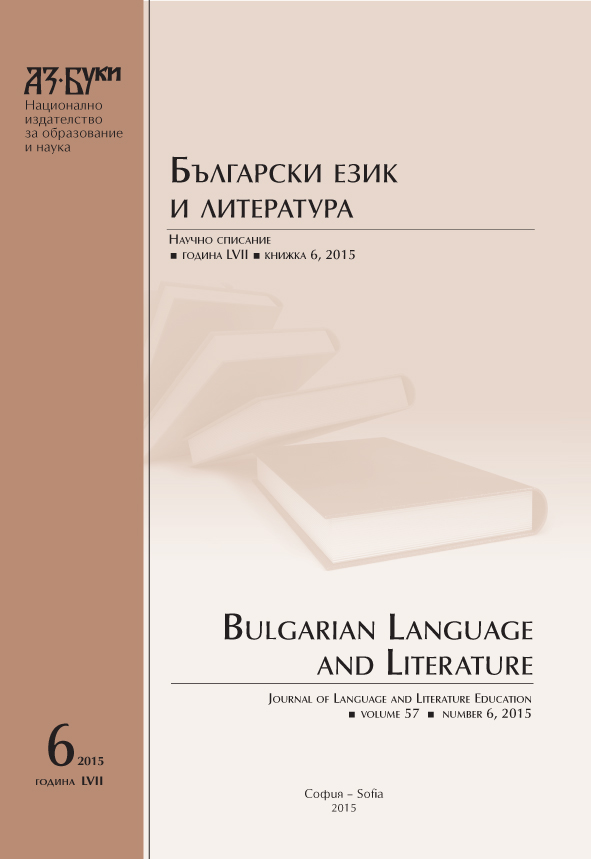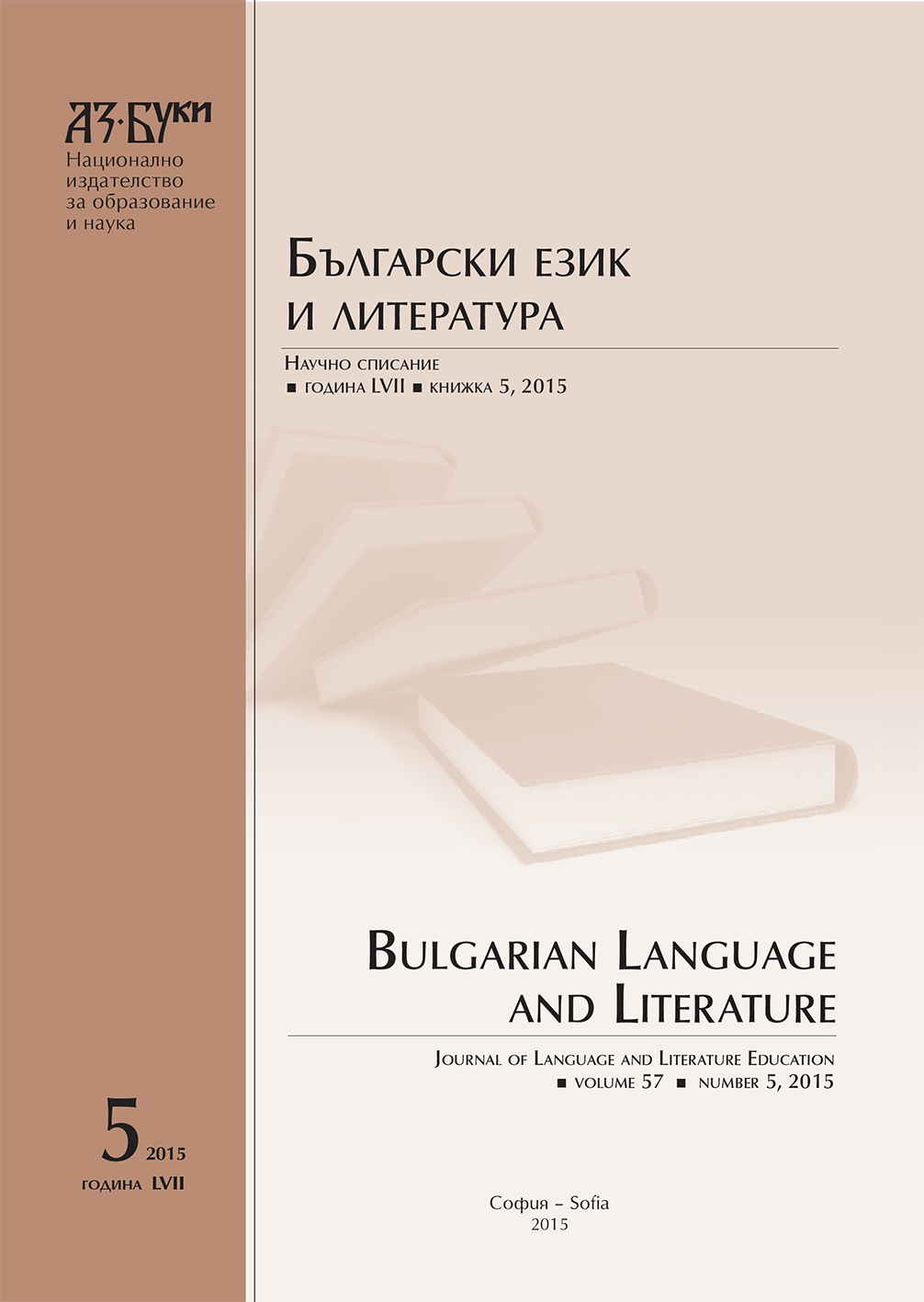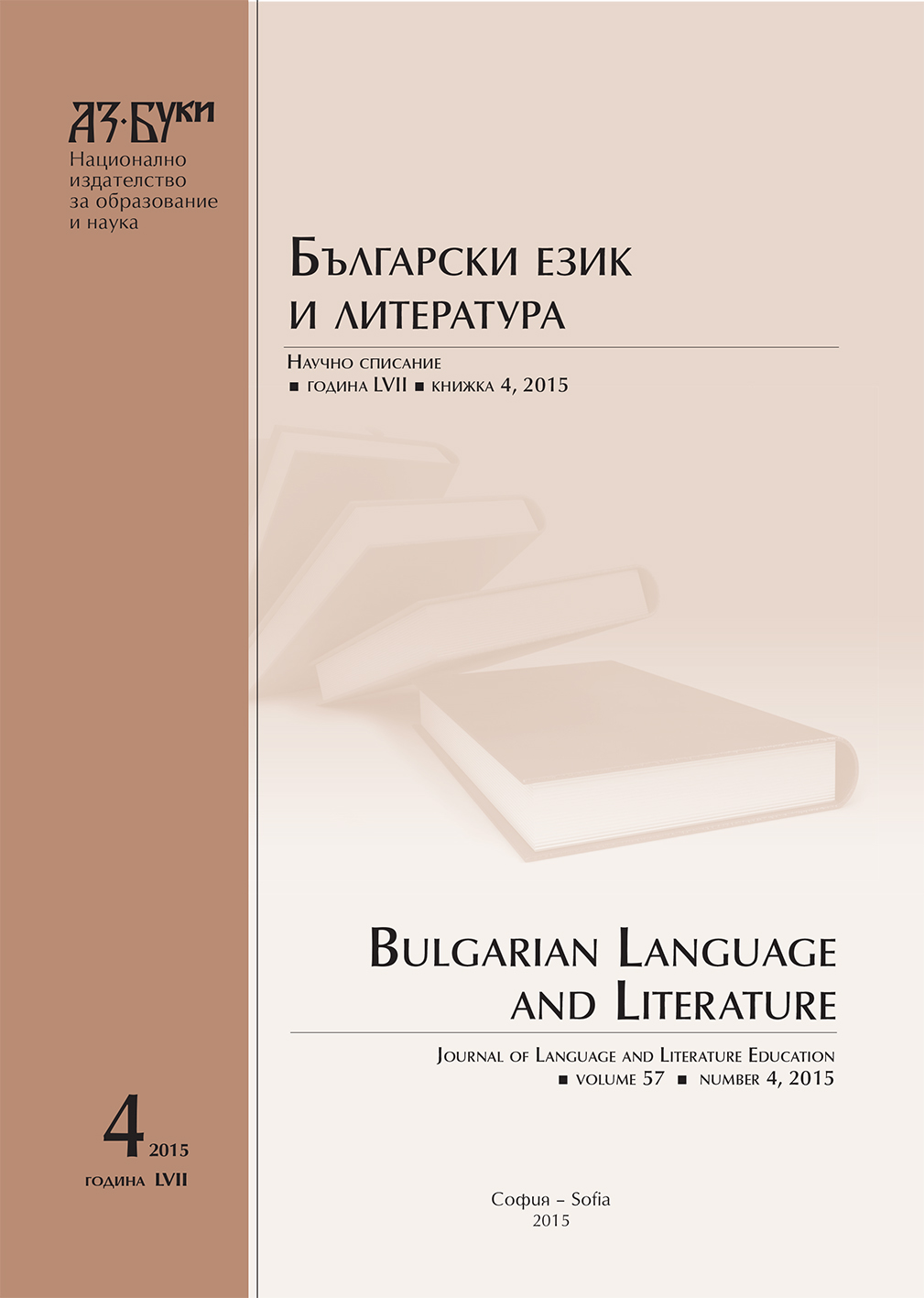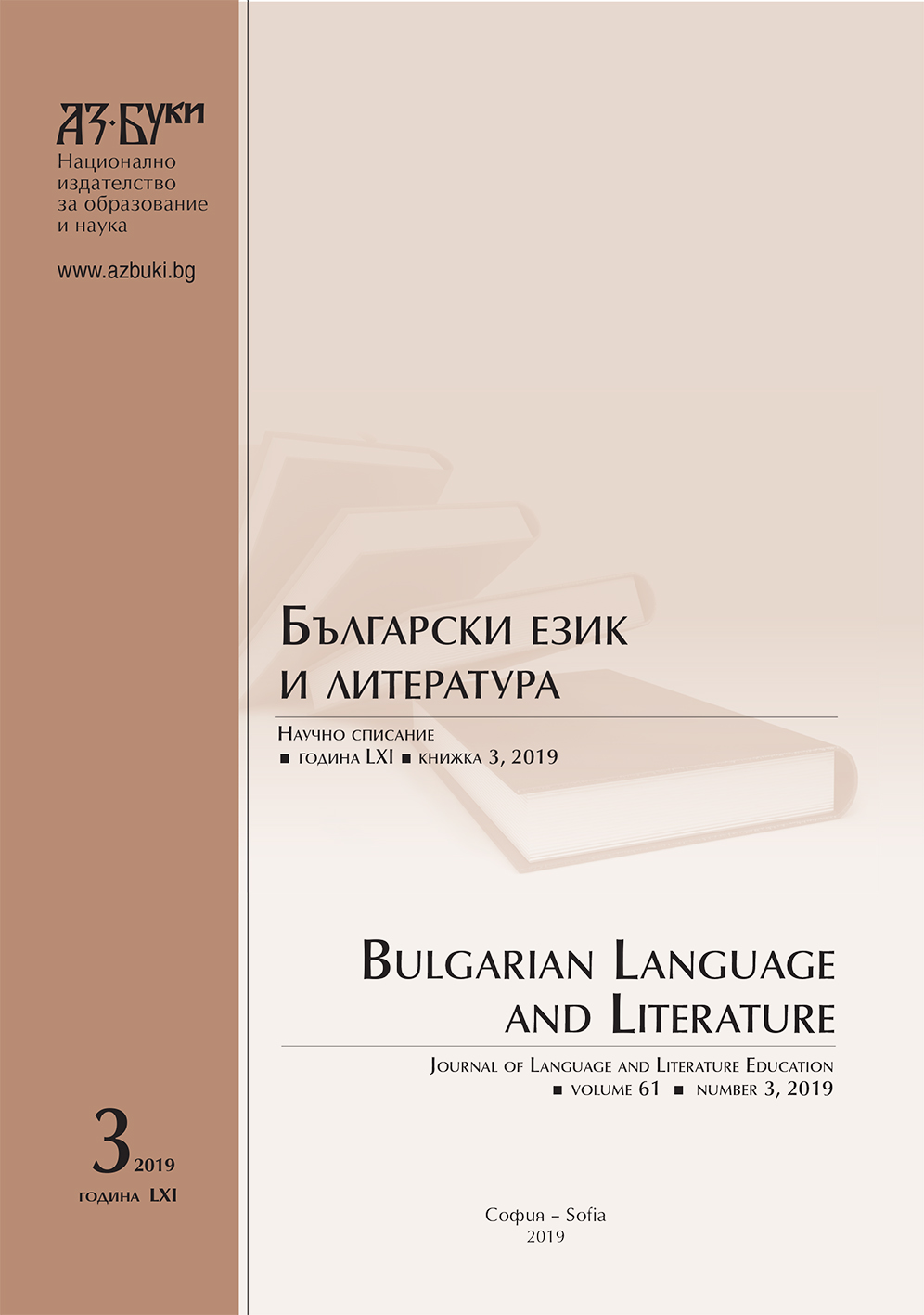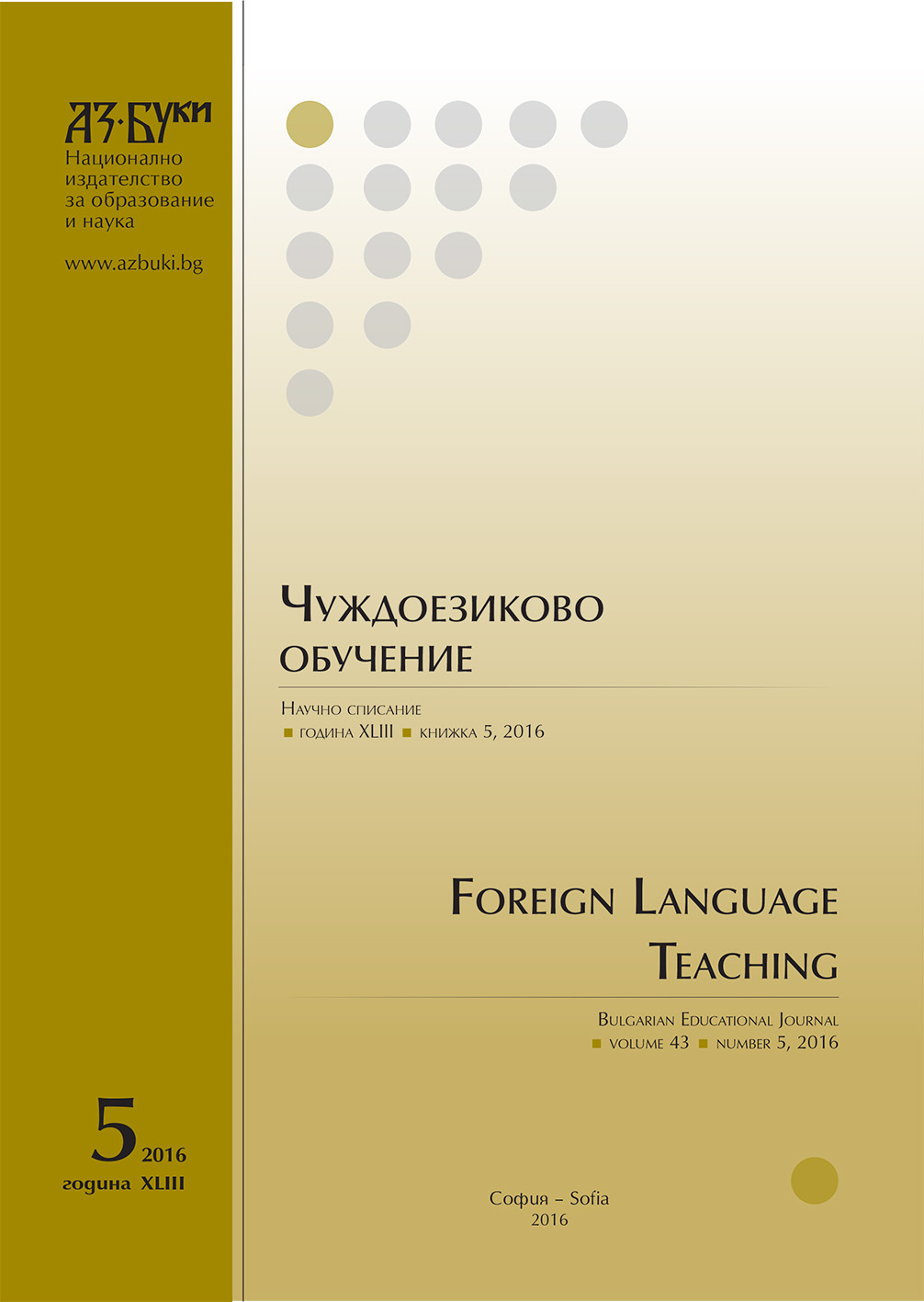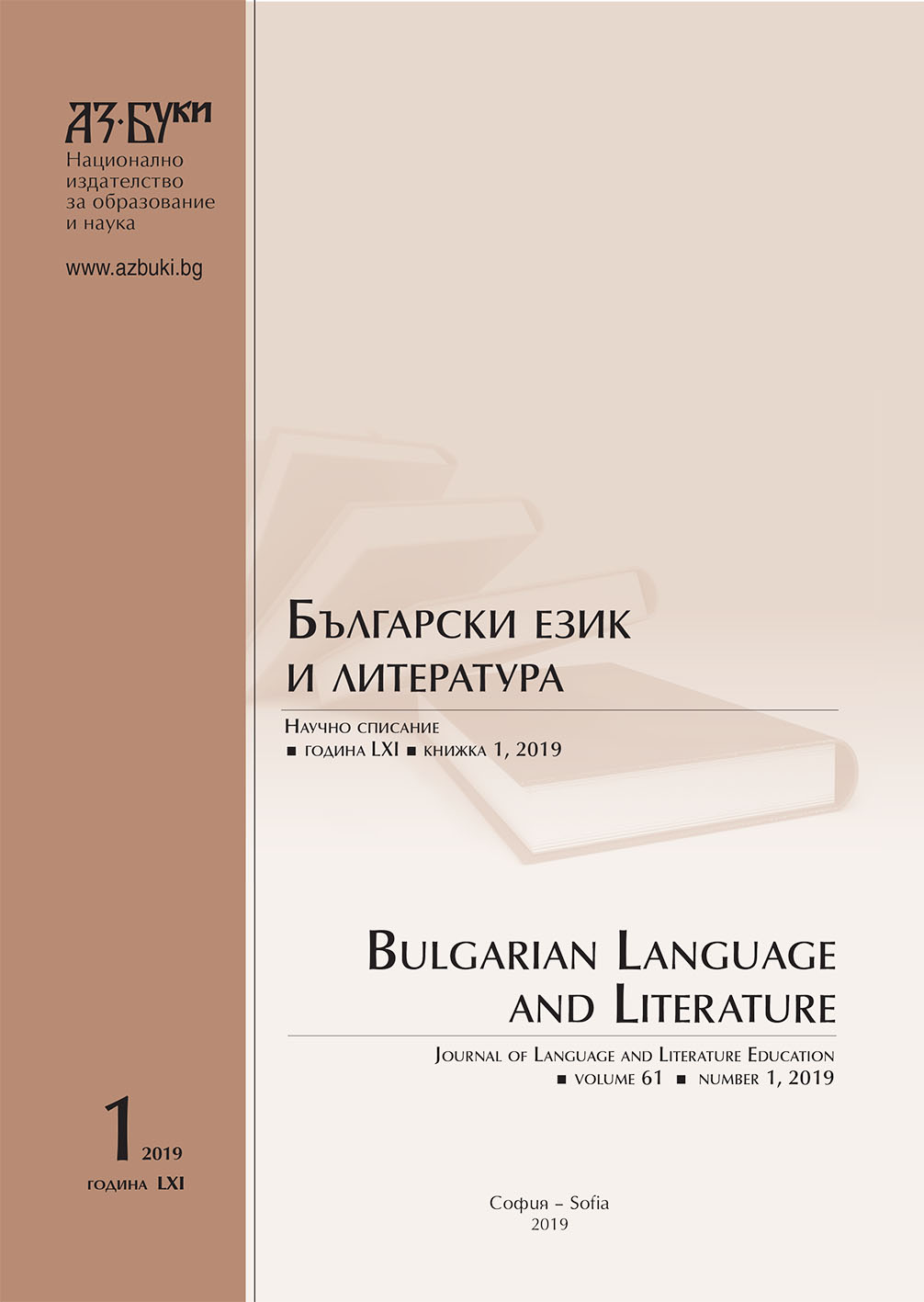
За преразказа като част от изпита за кандидатстване след VII клас
The article discusses if the retelling can be used for assessing tool on the exam for the 7th grade application. The choice of this genre over other student texts is not justified. By analyzing the examinations, it is concluded that the retelling does not give an objective picture of the knowledge as for its creation influence factors such as memory, concentration and attention which are outside the curriculum. The accuracy of some of the criteria on which it is assessed is questionable. The retelling requires a way of working with information that is totally different from the methods of the digital age.
More...
